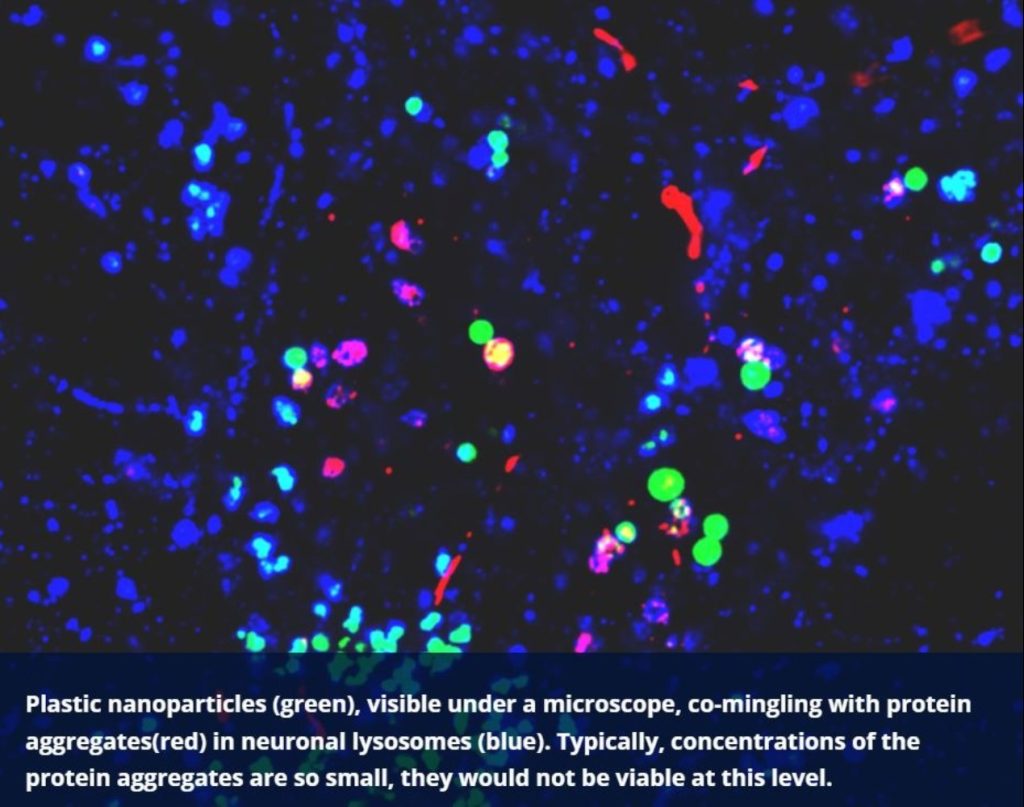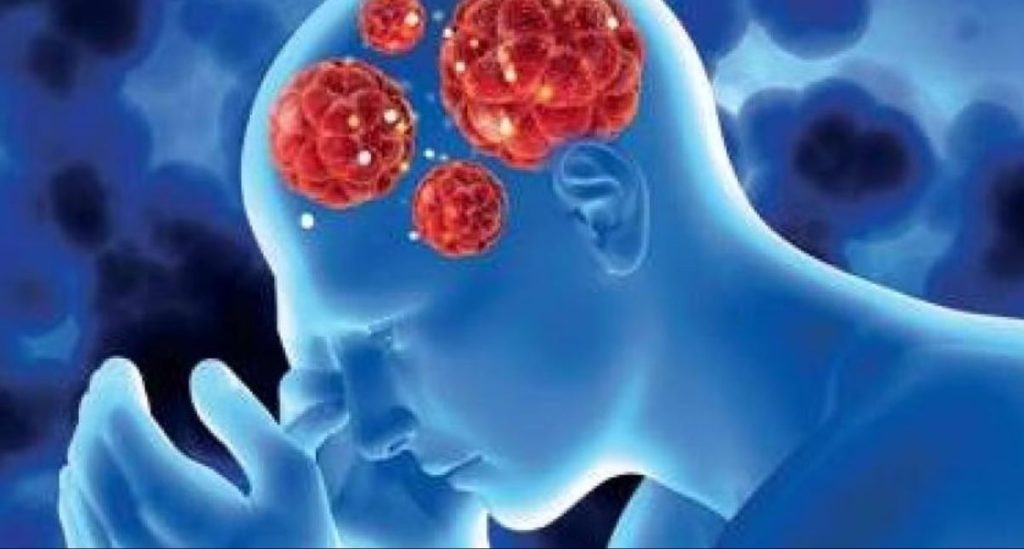Devanjana Mukherjee, Khabri Media
The pervasive presence of nanoplastics in the environment raises concerns about the potential long-term impact on human health.

Pic: Social Media
In recent years, the ubiquitous presence of plastic pollution in our environment has raised concerns about its impact on human health. While the detrimental effects of larger plastic particles have been extensively studied, a new and insidious player has emerged on the scene—nanoplastics.
To subscribe please click tau.id/2iy6f and access our live channel.
In a Duke University-led study appearing Nov. 17 in Science Advances, the researchers report that the findings create a foundation for a new area of investigation, fueled by the timely impact of environmental factors on human biology.
DON’T MISS: Microsoft pulls in Open AI CEO
Nanoplastics are a byproduct of the breakdown of larger plastic items, as well as the result of the degradation of microplastics. These minute particles can be found in various sources, including air, water, and food. The primary concern with nanoplastics lies in their size, which allows them to infiltrate tissues and cells in ways that larger plastic particles cannot.

Pic: Social Media (Neurons reacting in Dementia)
Nanoplastics interact with a particular protein that is naturally found in the brain, creating changes linked to Parkinson’s disease and some types of Dementia. Improperly disposed plastics have been shown to break into very small pieces and accumulate in water and food supplies, and were found in the blood of most adults in a recent study.
Parkinson’s disease is a progressive neurological disorder characterized by the degeneration of dopamine-producing neurons in the brain. While the exact cause of Parkinson’s remains elusive, environmental factors have been implicated in its development.
READ: WHO warns for next big pandemic
The research suggests that nanoplastics may exacerbate neuroinflammation and oxidative stress in the brain, both of which are implicated in the progression of various forms of dementia, including Alzheimer’s disease. It is a syndrome characterized by a decline in cognitive function.

Chemical reaction during Parkinson’s (Pic: Social Media)
According to principal investigator, Andrew West, Ph.D., professor in the Department of Pharmacology and Cancer Biology at Duke University School of Medicine, “Numerous lines of data suggest environmental factors might play a prominent role in Parkinson’s disease, but such factors have for the most part not been identified.”
“Our study suggests that the emergence of micro and nanoplastics in the environment might represent a new toxin challenge with respect to Parkinson’s disease risk and progression,” West said. “This is especially concerning given the predicted increase in concentrations of these contaminants in our water and food supplies.”
Researchers said the plastic-protein accumulations happened across three different models performed in the study – in test tubes, cultured neurons, and mouse models of Parkinson’s disease. West said questions remain about how such interactions might be happening within humans and whether the type of plastic might play a role.
The technology needed to monitor nanoplastics is still at the earliest possible stages and not yet ready to answer all the questions. Hopefully efforts in this area will increase rapidly, as we see what these particles can do in our models. If it is known , then we can take the necessary steps to protect ourselves, without compromising all the benefits we reap every day from plastics.




